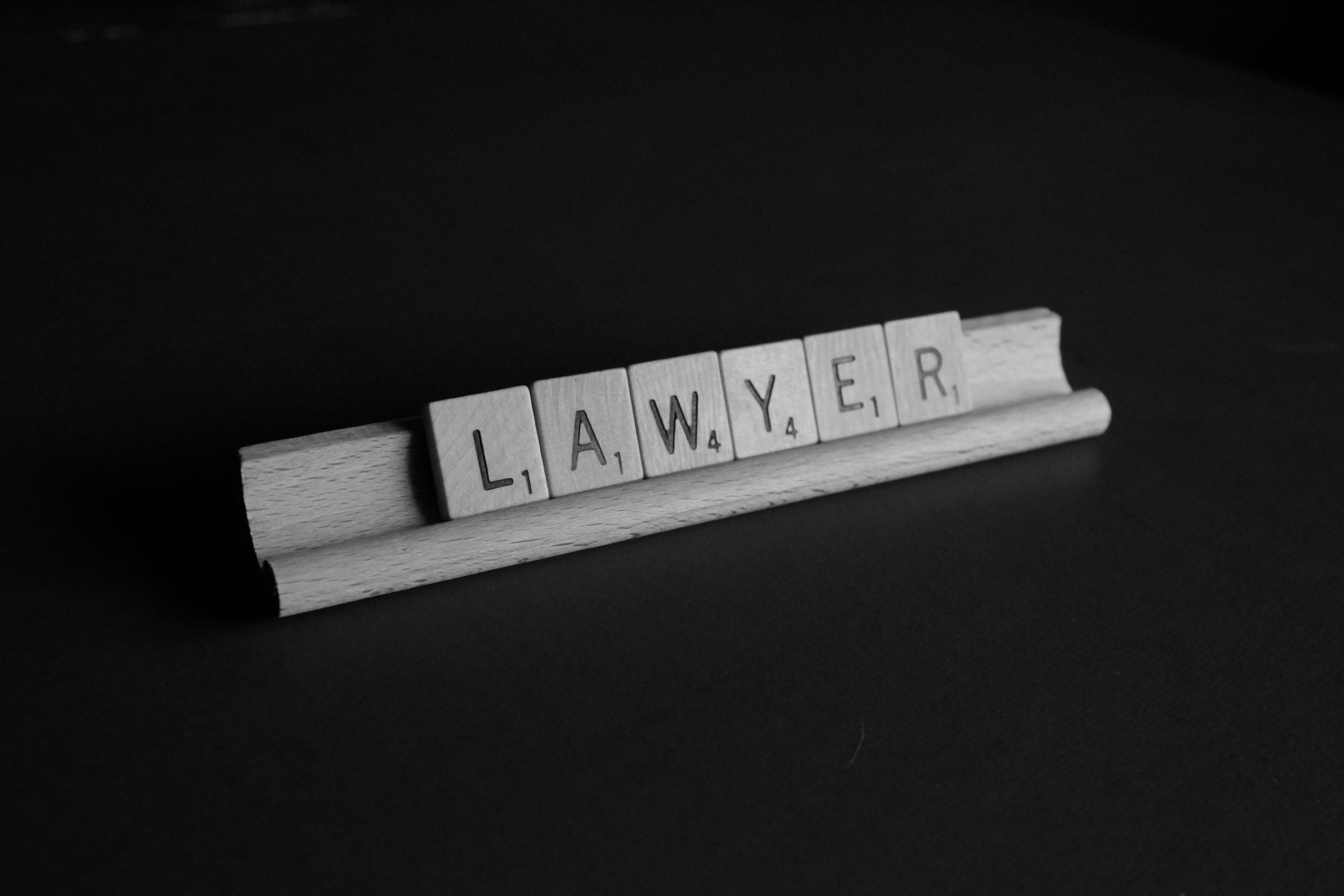
When faced with legal challenges, selecting the right lawyer can significantly impact the outcome of your case. Whether you’re dealing with a complex business dispute, navigating a personal injury claim, or handling a family law matter, the expertise and attributes of your legal representative are crucial. Here are the top five qualities to look for in a great lawyer:
1. Expertise and Experience
Specialized Knowledge
One of the most critical qualities in a great lawyer is their expertise and experience in the relevant area of law. Legal matters can be highly specialized, so it’s essential to find an attorney with a deep understanding of the specific field your case involves. For example, a family law attorney might not have the expertise needed for a complex corporate litigation case.
Proven Track Record
Experience isn’t just about the number of years a lawyer has been practicing; it’s also about their success rate in handling similar cases. A great lawyer such as the Spar & Bernstein’s Immigration & Personal Injury Lawyers have a proven track record of winning cases or achieving favorable settlements. This history indicates their ability to navigate the legal system effectively and strategize successfully on behalf of their clients.

2. Strong Communication Skills
Clarity and Articulation
Effective communication is a cornerstone of good legal practice. A great lawyer must be able to articulate complex legal concepts in a way that is clear and understandable to their clients. This ability ensures that you, as the client, are fully informed about your case, the legal process, and any potential outcomes.
Listening Abilities
Communication is a two-way street. A great lawyer must be an excellent listener, taking the time to understand your concerns, goals, and the details of your case. By listening carefully, a lawyer can tailor their approach to suit your specific needs and develop a more effective strategy.
3. Analytical and Research Skills
Attention to Detail
The legal field demands a keen eye for detail. A great lawyer must be able to analyze information critically, identify key issues, and anticipate potential challenges. This analytical prowess is essential for building a strong case, whether it involves reviewing documents, preparing legal arguments, or examining evidence.
Research Proficiency
In addition to being detail-oriented, a great lawyer must possess excellent research skills. Legal research is vital for understanding precedents, statutes, and regulations that may impact your case. A lawyer who can efficiently gather and interpret relevant information will be better equipped to advocate on your behalf.
4. Integrity and Professionalism
Ethical Standards
Integrity is a non-negotiable quality in a great lawyer. Upholding high ethical standards and demonstrating honesty in all interactions is crucial for maintaining trust with clients, the court, and other legal professionals. A lawyer with integrity will prioritize your best interests and provide candid advice, even if it’s not what you want to hear.
Professionalism
Professionalism encompasses a range of behaviors and attitudes, including punctuality, preparedness, and respect for all parties involved in a case. A great lawyer should handle all aspects of your legal matter with the utmost professionalism, ensuring that deadlines are met, communications are prompt, and courtroom decorum is maintained.
5. Strategic Thinking and Creativity
Problem-Solving Skills
Legal challenges often require innovative solutions and strategic thinking. A great lawyer must be adept at problem-solving, capable of devising creative approaches to complex issues. This quality is particularly important in negotiations, where finding a mutually acceptable solution can save time, money, and stress.
Adaptability
The legal landscape is ever-changing, and a great lawyer must be able to adapt to new laws, regulations, and precedents. Adaptability also means being flexible in strategy, willing to pivot when new information or unexpected developments arise. This ability to think on their feet can be a decisive factor in the success of your case.

Conclusion
Selecting the right lawyer involves careful consideration of several key qualities. Expertise and experience ensure that your lawyer has the knowledge and background to handle your case effectively. Strong communication skills facilitate clear understanding and trust between you and your attorney. Analytical and research skills are essential for building a robust legal strategy. Integrity and professionalism are foundational for maintaining trust and ensuring ethical conduct. Finally, strategic thinking and creativity enable your lawyer to navigate complex legal challenges and find effective solutions.
By prioritizing these qualities, you can find a great lawyer who will advocate for your interests with competence and dedication. Whether you’re facing a legal dispute, seeking advice on business matters, or navigating personal legal issues, the right lawyer can make all the difference in achieving a favorable outcome.







